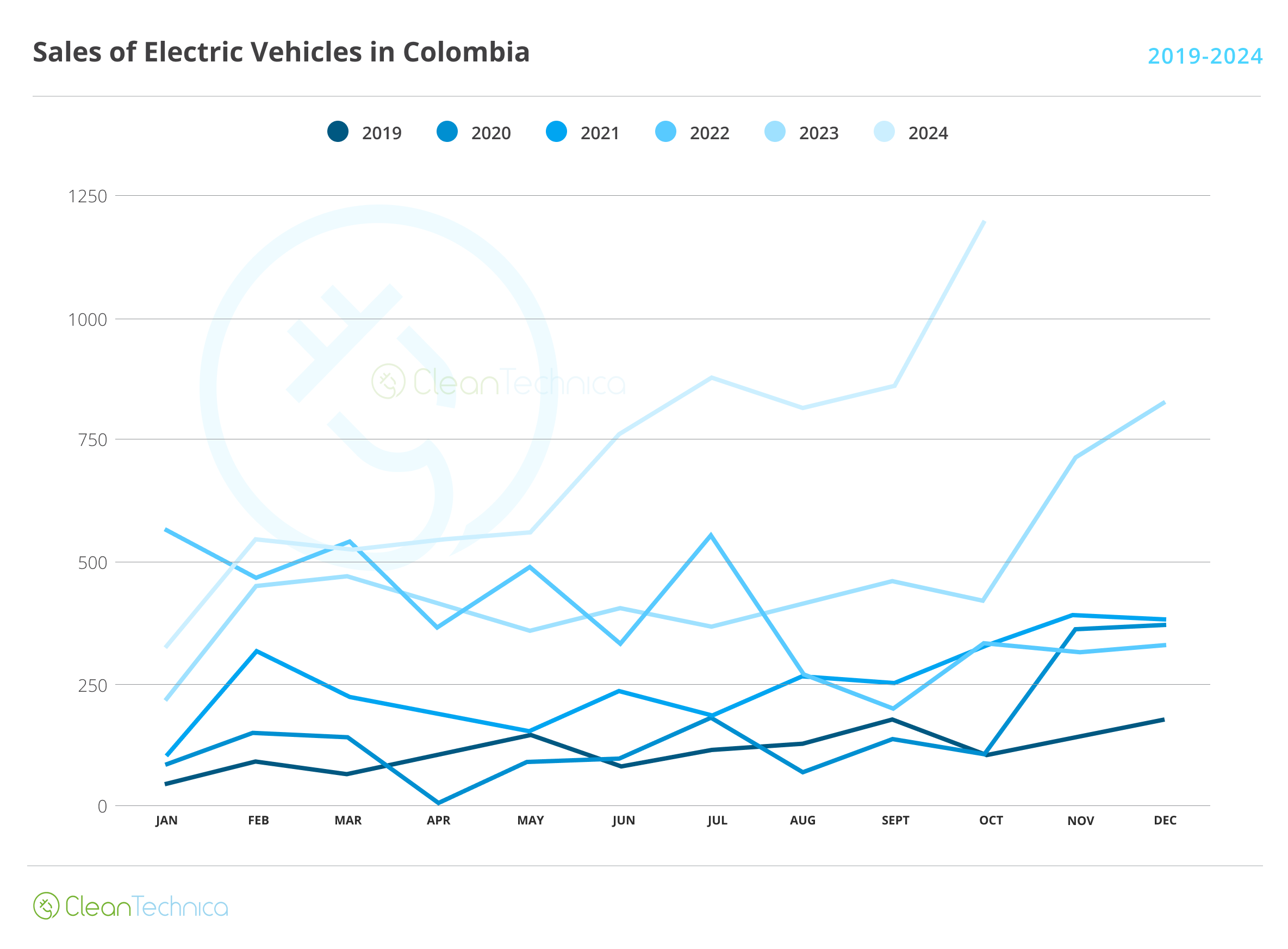
Toronto, November 17, 2023: In a welcome decision by the Federal Court, the plastics ban first implemented in 2022 by Environment Minister Steven Guilbeault has been struck down by the Federal Court. Catherine Swift, President of the Coalition of Concerned Manufacturers and Businesses Canada (CCMBC) stated “Every one of the three reasons this ban was opposed by the plastics industry and the governments of Alberta and Saskatchewan were supported by this court decision. It was a slam dunk against overreach by the Environment Minister and the Trudeau government.”
The court decision cited as unreasonable the inclusion of plastic material as toxic under the Environmental Protection Act, as well as deeming the Environment Minister’s refusal to have a Board of Review assess the risks of plastic materials unreasonable. In addition, as the provinces of Alberta and Saskatchewan joined in the industry’s legal action on the basis that the federal government was overstepping its jurisdiction and the law was effectively unconstitutional, the court agreed with that as well.
As an organization that represents a number of plastics manufacturers as well as oil and gas producers which provide the raw material for the plastics industry, the CCMBC views this decision as sensible and fact-based. Swift commented that “The issue with plastic has never been that it should be eliminated, but rather that it should be properly recycled. The plastics industry has for years made many solid recommendations as to how that can be achieved.” The court agreed that plastics are ubiquitous in our daily lives. Plastic products are also irreplaceable in many essential areas such as health care, food packaging and industrial products. In many cases, plastics also are positive for the environment, such as when they replace heavier materials in the auto sector, enhancing the fuel efficiency of automobiles.
This is the second time in the past month that Guilbeault has been rebuked by Canadian courts. In mid-October, the Supreme Court of Canada ruled that the federal Impact Assessment Act (also known as the “no more pipelines” bill) was unconstitutional. These decisions could also be precedent-setting for future legal actions against federal legislation, such as the Clean Electricity
Regulations that are now under consideration and are widely considered to be unconstitutional as they impinge on provincial jurisdiction over the electricity system.
Swift concluded “This federal government has made a habit of intruding on provincial jurisdiction. Now that two court decisions have ruled against them on important issues, they will hopefully take more care in future to respect the Constitution and make realistic decisions that benefit Canadians, not punish them.”
-30-
The CCMBC was formed in 2016 with a mandate to advocate for proactive and innovative policies that are conducive to manufacturing and business retention and safeguarding job growth in Canada.
For further information or to arrange an interview, please contact Catherine Swift at 416 816 7248 or swifty4488@outlook.com.
Share This:




